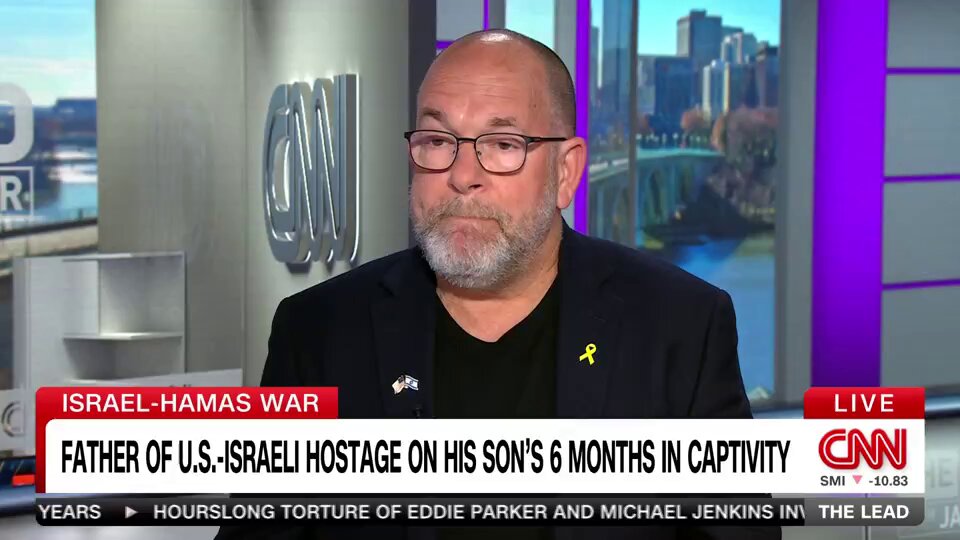The statement by the father of a U.S.-Israeli hostage, advocating for the application of 'enough pressure' to Hamas, is a direct engagement in public discourse. It addresses a critical and sensitive issue involving international relations, human rights, and the safety of individuals held captive. The context of the statement is a plea for action to resolve a dire situation, which inherently involves discussions on policy and humanitarian responses.
- The statement aims to influence actions to secure the release of hostages, which is a direct attempt to prevent harm. [+2]Principle 1:I will strive to do no harm with my words and actions.
- The statement respects the dignity of the hostages by advocating for their release, though it could be seen as controversial depending on the interpretation of 'pressure'. [+1]Principle 2:I will respect the privacy and dignity of others and will not engage in cyberbullying, harassment, or hate speech.
- The father's plea is likely driven by a desire to promote understanding and compassion for the hostages' plight. [+2]Principle 3:I will use my words and actions to promote understanding, empathy, and compassion.
- While the statement is a call to action, it remains focused on a specific outcome (hostage release) and does not engage in a broader dialogue about the complexities of the Israel-Hamas conflict.Principle 4:I will engage in constructive criticism and dialogue with those in disagreement and will not engage in personal attacks or ad hominem arguments.
- The use of public platforms to advocate for the hostages' release can be seen as using influence for the betterment of society, particularly in the context of striving for their safety and freedom. [+2]Principle 6:I will use my influence for the betterment of society.
